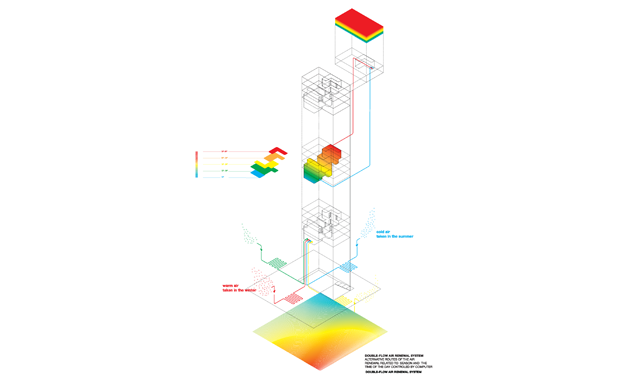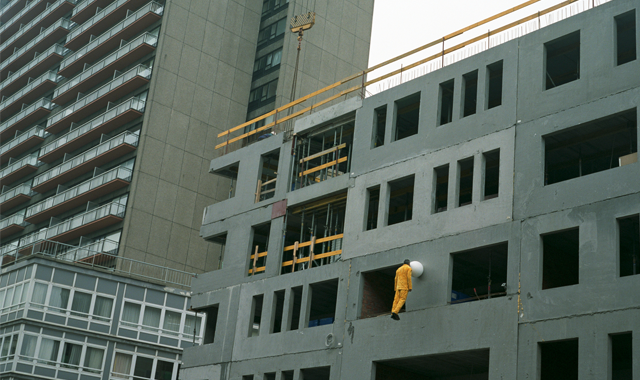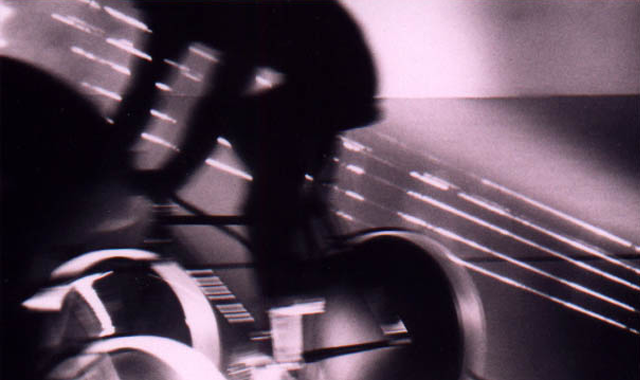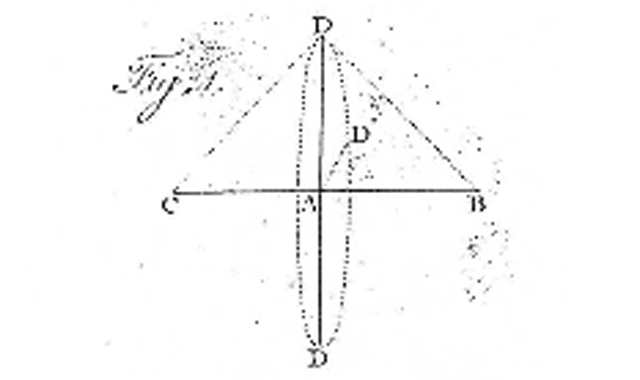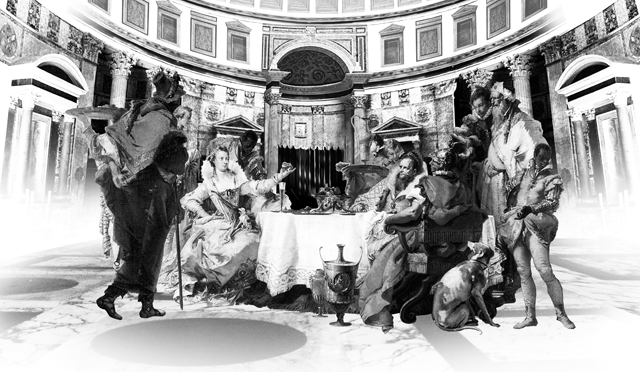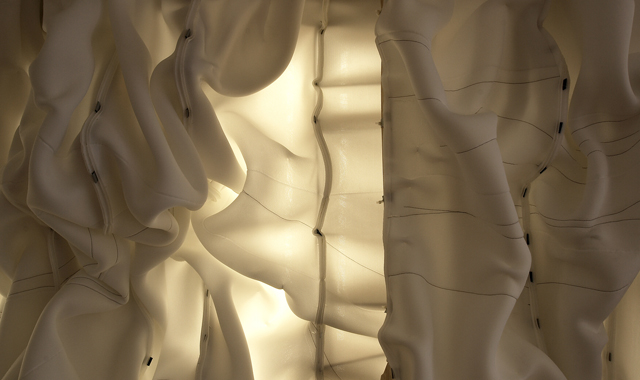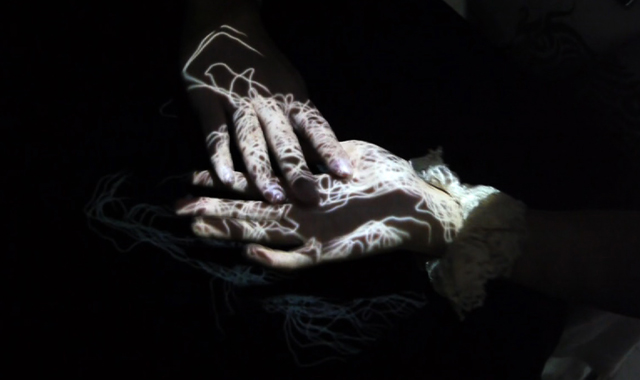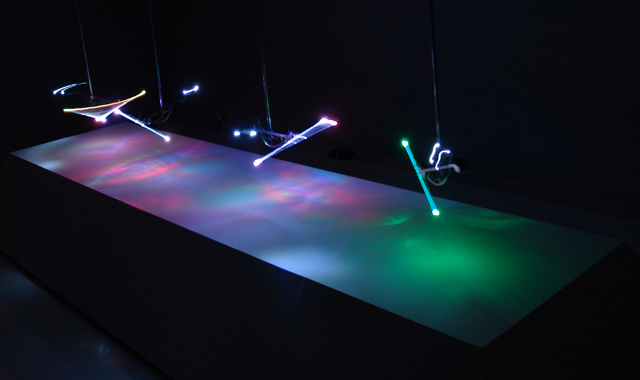Guest Lectures
09.06.2011 / PHILIPPE RAHM
09.06.2011, 16:00, Philippe Rahm @ HIT E 51 www.philipperahm.com Constructed Atmospheres Might not climate be a new architectural language, a language for architecture rethought with meteorology in mind? Might it be possible to imagine climatic phenomena such as convection, conduction or evaporation for example as new tools for architectural composition? Could vapour, heat or light... Read More
31.05.2011 / HEINRICH LÜBER
31.05.2011, 16:00, Heinrich L├╝ber @ HPZ F www.lueber.net The World is a Museum This stunningly photographed film captures the various works of Swiss artist Heinrich L├╝ber, for whom the world is a museum. Rather than set up his workŌĆöwhich usually involves his own body contorted into an unbelievable stanceŌĆöin a gallery, he plays with the perception of public space, with onlookers... Read More
25.05.2011 / PIP GREASLEY
25.05.2011, 16:00, Pip Greasley @ HIT E 51 Sonic Artist. De Montfort University Leicester UK. ‘Now play the building in 7/8′. The shared language of harmony, pulse and rhythm has historically been a connect between music and architecture based on the notion that the blueprint as ŌĆśscoreŌĆÖ will generate a unique sound... Read More
23.05.2011 / GERT SCHUBRING
23.05.2011, 13:00, Gert Schubring @ HPZ F Research on the History of Teaching and Learning Mathematics. Universities of Bielefeld and Rio de Janeiro. Conviction by Means of Visualization, Not Logics: Graphical Representation of Complex Numbers as a Way to Accept Their Existence Within Mathematics. Complex numbers were used in mathematical practices since the sixteenth century; yet,... Read More
16.05.2011 / UWE R. BRÜCKNER
16.05.2011, 16:00, Uwe R. Br├╝ckner @ HIT E 51 www.atelier-brueckner.de Scenography or the Art of Choreographed Spaces. The most important aspect of scenographical design lies in the translation of content into spatial images that can be walked through, and more generally even, in the generation of staged spaces with narrative qualities. In the best of all possible cases, the space... Read More
20.04.2011 / STEPHEN GAGE
20.04.2011, 13:00, Stephen Gage @ HIT E 51 Bartlett UCL, London A-Functional Architecture. I argue that the experience of architecture, the delight and wonder of finding oneself in beautiful places and spaces resides both in highly designed interactive spaces and events and in spaces from which close functionality has departed or in which close functionality was always transient.... Read More
08.04.2011 / MICHAEL STEINBUSCH
08.04.2011, 16:30, Michael Steinbusch @ HPZ F Professur Industriebau, TU DRESDEN Choreographing Architecture. Classical Ballet is oriented towards the stage center. Modern developments like ForsytheŌĆÖs Ballet are multifocal, and they raise the question how different foci can be connected, having in mind that they in turn comprise of connections. This ŌĆ£global/localŌĆØ problem... Read More
04.04.2011 / METTE RAMSGARD THOMSEN
04.04.2011, 15:00, Mette Ramsgard Thomsen @ HPT C 103 CITA, Copenhagen. cita.karch.dk A Sensitive Architecture: Designing for a Materially Graded Architecture. Architecture is engaged in a radical rethinking of its material practice. Advancements in material science and more complex models of material simulation as well as the interfaces between design and fabrication are fundamentally... Read More
30.03.2011 / DANIEL BISIG
30.03.2011, 14:00, Daniel Bisig @ CAAD, HPZ F Institute for Computer Music and Sound Technology, ZHDK. Swarm Simulation in Interactive Art Swarm simulations model the coherent movement of a large groups of animals. They represent a classical category of multi-agent systems that rely on principles of self-organization to give raise to a variety of emergent phenomena. Accordingly,... Read More
28.03.2011 / RUAIRI GLYNN
28.03.2011, 16:00, Ruairi Glynn @ CAAD, HPZ F www.ruairiglynn.co.uk Motive Architecture. Although Vitruvius’s treaties included clocks, waterworks and mobile war machines; architecture is often understood to be an art of space, not of time. Architecture’s traditional role has been the spatial backdrop to social interaction and performance: In the 20th Century, Price’s... Read More
